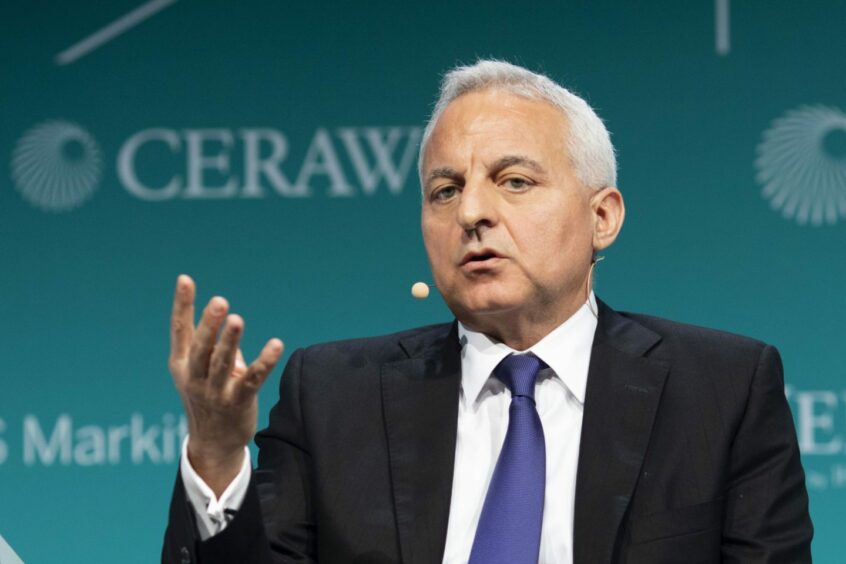
Rolls-Royce has named BP veteran Tufan Erginbilgic as its next chief executive officer, replacing Warren East when he steps down at the end of this year.
Erginbilgic, 62, spent 20 years at BP, most recently as head of the downstream business, responsible for refining, petrochemicals and service-station activities, London-based Rolls said in a statement Tuesday. He is currently a partner at private-equity firm Global Infrastructure Partners after leaving the energy giant in 2020.
The shares gained 1.1% as of 8:48 a.m. in London. The stock had fallen since Rolls announced East would step down, amounting to a 24% drop so far this year.
“It’s good to have clarity on the transition,” said Jefferies analyst Chloe Lemarie. His profile is “lacking the pure operational knowhow but that’s not necessarily a big concern as long as you have experience in long-cycle, industrial businesses.”
Rolls said in February that East was set to leave at the end of 2022 after more than seven years at the helm, during which he led the jet-engine maker through a punishing period capped by the Covid-19 pandemic.
Erginbilgic will take up his new role on Jan. 1. He will be paid more than his predecessor, with a base salary of £1.25 million versus East’s £968,000 for 2022. He will also receive two tranches of shares, each worth 3.75 million pounds at the date of grant, which will vest in 2027 and 2028.
Outside Hire
The appointment continues the British enginemaker’s practice of recruiting from outside the aerospace industry to fill top management positions. East, who led the company while tackling issues such as engine reliability, sweeping job cuts and the coronavirus, joined Rolls-Royce from UK chipmaker ARM Holdings.
Rolls Chairwoman Anita Frew had previously said the new CEO did not need to have an aerospace background but must show an ability to unlock value from different business segments after the hit to profitability during the pandemic.
Erginbilgic, who is a former non-executive director at aerospace company GKN Ltd., also faces the challenge of modernising a business which has historically been focused on gas turbines, with future aircraft set to be powered by electricity or hydrogen.
The CEO-in-waiting left BP amid a broader management shakeup in early 2020. The unit he ran expanded in new markets like electric-vehicle charging under his tenure, according to a company statement at the time.
Rolls plans to raise the minimum shareholding requirement so the new CEO will have to hold at least four times his salary versus East’s 2.5 times.
Recommended for you
